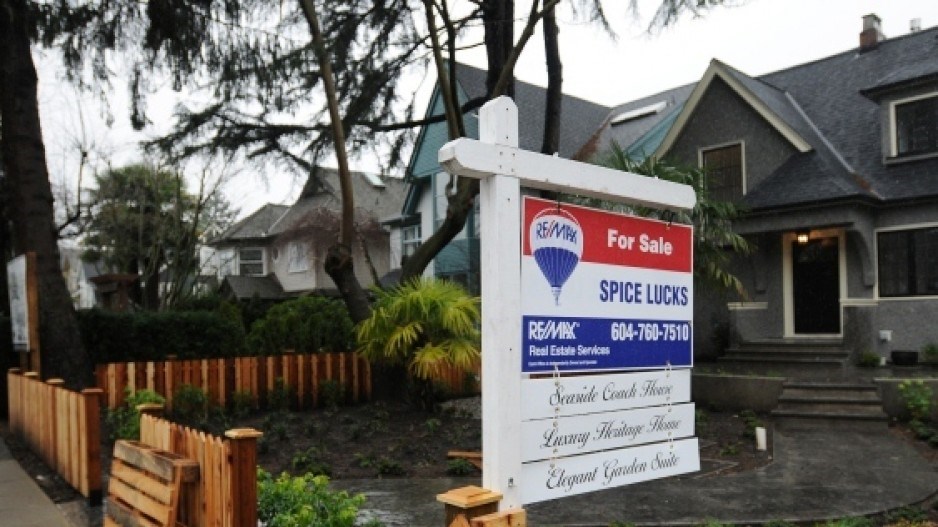Vancouver-based Central 1 Credit Union is among those forecasting that the “exceptionally strong” 2020 housing market in B.C. will continue to surge, with average prices rising 5.6% in 2021 and a further 4% in 2022.
The outlook contrasts with the Royal Bank (TSX:RY), which is calling for an 8% decline in Canadian home prices during the year; and both the Canada Mortgage and Housing Corp. (CMHC) and Moody’s, which are predicting price drops of up to double-digits.
Real estate brokerage Royal LePage, however, contends that the current strong housing sales and rising prices will continue, led by Metro Vancouver. In a December 15 release, Royal LePage said the average price of a home in Canada will increase 5.5% year over year to $746,100 in 2021.
Royal LePage forecasts that Vancouver will see the second-largest increase in average home prices in 2021: 9% to $1.26 million compared with 2020.
Central 1 Deputy Chief Economist, Bryan Yu in Central 1’s latest B.C. Housing Outlook: 2020-2022, released December 21, is also bullish on B.C.’s housing market.
“The rebound in housing demand from pandemic-induced lows in the spring has been spectacular,” said Yu.
He noted that average home prices in B.C. were up 13% year over year in October, with the strongest gains recorded in the Interior and Island markets due to increased demand for recreational properties
“The median price of a home in B.C. is forecast to rise by 9.3% (to $585,000) this year, with a further 5.6% increase (to $615,000) expected in 2021, followed by a 4% increase (to $640,000) in 2022,” Yu predicts.
Extremely low mortgage rates are a key catalyst for surging home sales, the Central 1 outlook confirmed.
HSBC (TSX:HSB-C) drew headlines recently with a 0.99% five-year variable mortgage rate, the lowest in Canadian history, and it is not uncommon for mortgages to be offered at below 2%.
Housing demand will also lead to a rebound in B.C. housing starts, which have dropped 21% this year compared with a year earlier. Yu said that decrease can be traced to the pandemic and the province’s foreign homebuyer tax.
“Total housing starts are forecast to rise 6.5% in 2021 to 37,700 units, increasing by a further 4.5% in 2022 to 39,400 units,” he now predicts.
But others are not so confident in B.C.’s housing outlook.
“There are zero fundamentals supporting the rise in the housing market, other than the Bank of Canada’s printing press and people’s fears of a currency continuing to lose purchasing power,” said Vancouver realtor and analyst Steve Saretsky.
Citing “tremendous risks” from the COVID-19 pandemic, CMHC said it stands by its forecast, first issued in May, that average Canadian home prices will fall between 9% and 18% from pre-pandemic levels before beginning to recover in 2021’s first half. •




